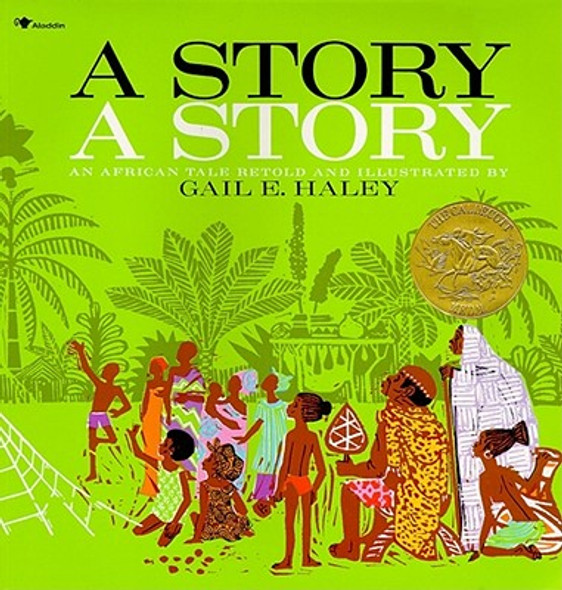Description
collected and retold by Buchi Offodile Once upon a moonlit night, children gathered elbow to elbow, lying on the ground, while the adults sat near by, drinking and snacking. They listened to the storyteller, who held adult and child alike rapt with animal noises and spooky voices, gesture and song, call and response, until the wick of the palm-oil lamp ran down and the storyteller tired. It wasn't that the stories themselves were over--no, many more were yet to be told: tales of the ever-scheming tortoise, spider, or hare; tales of spirits tempting children; tales of fate punishing whole villages for their folly, or rewarding them for their perseverance. Though almost all the tales have morals, the most popular characters are the tricksters: the tortoise, the spider, and the hare. The Orphan Girl includes a fascinating introduction exploring the roots of the storytelling tradition in the history and culture of West Africa. History's boundaries divide this book by nation, from Mauritania into the continent's interior, to the hinterlands of Mali, Burkina Faso, and Niger, and down the Atlantic coast as far as Cameroon. Each country is represented by several stories, a map and brief information. Invariably though, as all of these countries share common origins and cultures, the stories overlap and play off each other. For example, a Ghanaian story featuring Anansi, the spider, is almost the same tale told by the Igbos of Eastern Nigeria starring Mbe Nwaniga, the tortoise.
Details
Author: |
Buchi Offodile |
ISBN 10: |
1566563755 |
Pages: |
256 |
Publisher: |
Interlink Books |
Publication Date: |
July 1, 2001 |
Binding: |
Paperback |
Weight: |
0.68lbs |






